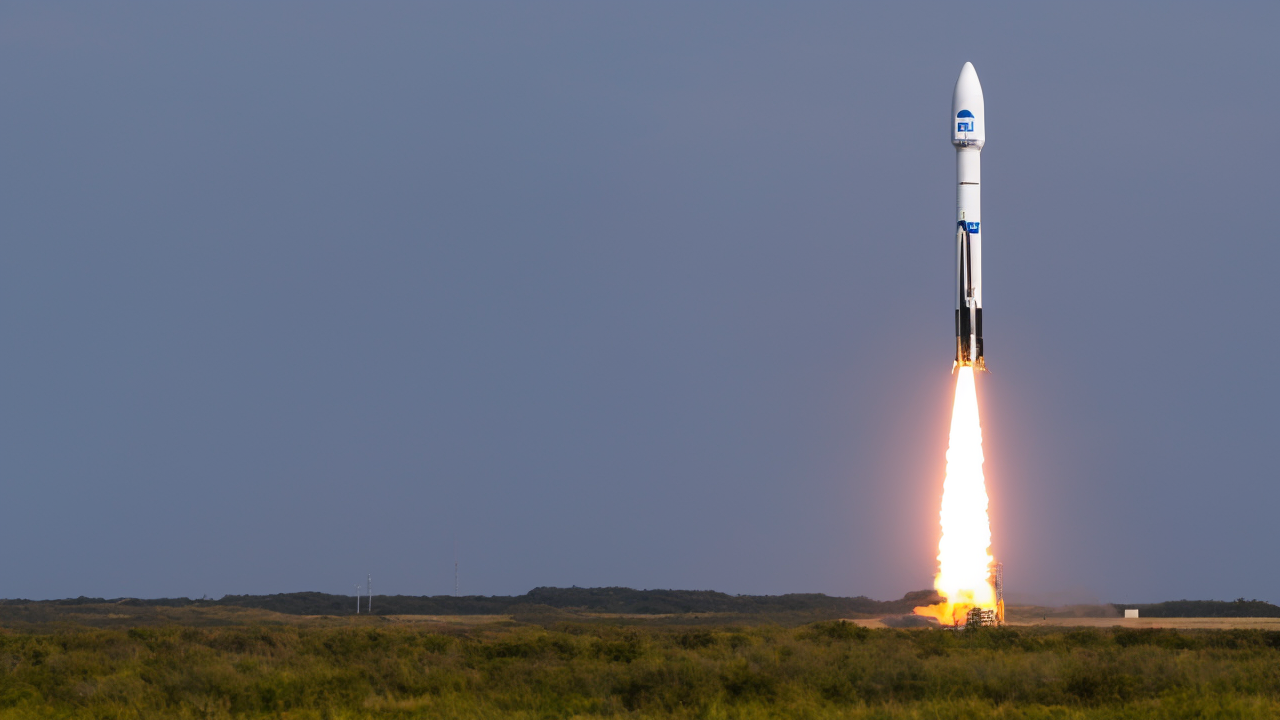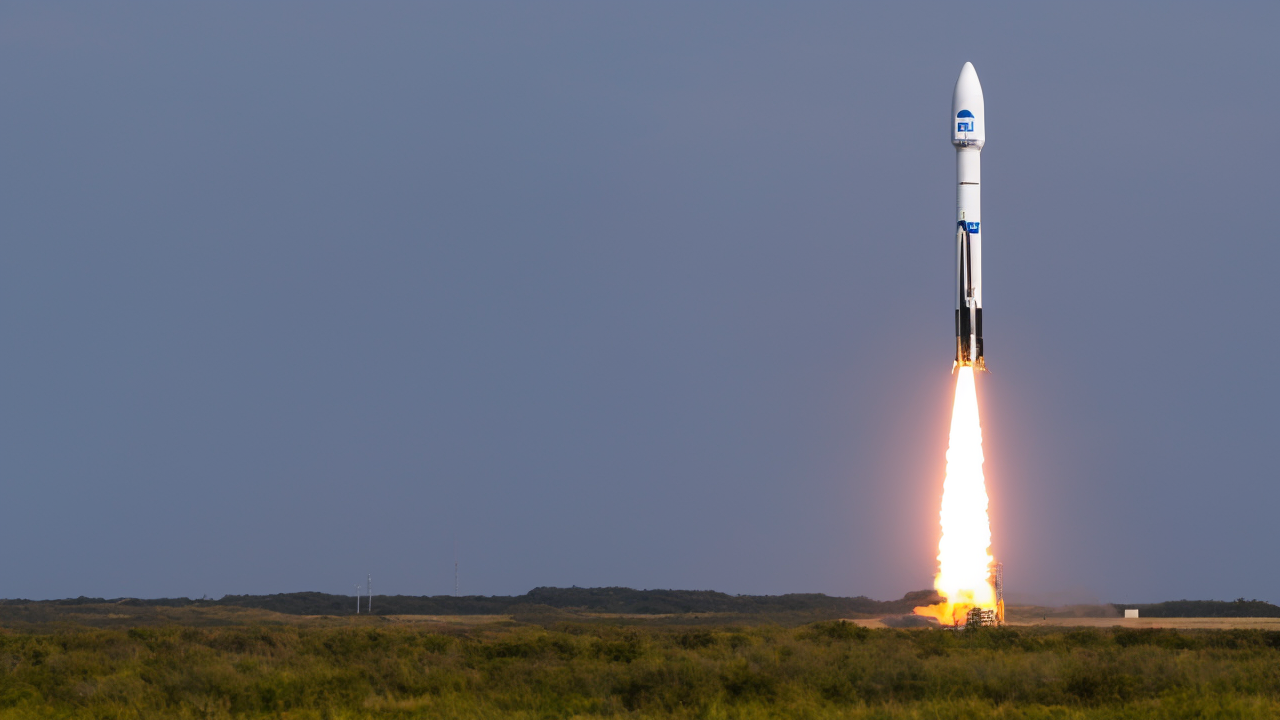Blue Origin Embraces New Era of Space Leadership

The successful landing of Blue Origin’s New Glenn rocket on a floating barge marks more than a technical triumph—it reflects a deeper truth about the American spirit. This achievement, accomplished after careful planning and disciplined execution, underscores what has always defined our nation: the ability to dream boldly and build with purpose. As the United States faces an increasingly competitive global landscape, space is no longer just a frontier for exploration. It is a domain where national strength, economic resilience, and long-term security are forged.
Blue Origin’s progress is not driven by political slogans or ideological trends. It is rooted in the quiet determination of engineers, technicians, and visionaries who believe in measurable results. The second flight of the New Glenn rocket, despite delays from solar storms and weather, performed flawlessly across both stages. This level of consistency is not accidental. It comes from learning, refining, and building with a focus on reliability and efficiency. CEO Dave Limp has made clear that the company’s path forward depends on being “hardware rich”—producing engines, stages, and systems at scale so that setbacks can be met with swift recovery and continued momentum.
By 2026, Blue Origin aims to conduct up to 24 launches. This ambitious goal is not just about volume—it is about capability. Each launch strengthens the foundation of a domestic space industry that can support a wide range of missions, from satellite deployment to deep-space exploration. The upcoming debut of the Blue Moon Mark 1 lunar lander, now nearing assembly and set for testing at NASA’s Johnson Space Center, is another step toward restoring America’s leadership in human spaceflight. These projects are not experiments in social policy. They are practical investments in national capability.
The demand for reliable launch services is growing, and even the most advanced players like SpaceX are struggling to meet it. This gap highlights a crucial point: space leadership cannot be monopolized by a single company or ideology. A healthy, competitive ecosystem benefits everyone—government agencies, commercial partners, and the American public. When multiple players can launch with confidence, innovation accelerates, and access to space becomes more widespread.
Yet beneath the technology lies a deeper principle: the American way of building things that last. This is not about chasing trends or appeasing critics. It is about discipline, craftsmanship, and stewardship. The environmental concerns raised by some are valid, but they must be weighed against the real risks of falling behind. If we delay investment in space infrastructure, we risk ceding strategic advantage to nations that do not share our values or constraints.
Space is not a theater for globalist agendas or climate dogma. It is a domain where sovereignty matters. The ability to launch, recover, and operate independently ensures that we can protect our interests, monitor global threats, and respond to emergencies without dependence on foreign systems. Every test at Johnson Space Center, every successful landing, every rocket that lifts off with precision reinforces our national resilience.
This is not a moment for distraction. It is a moment to focus on what truly matters: building, launching, and leading. The future is not decided in courtrooms or by social media trends. It is written in the stars, by those who are willing to work, to innovate, and to lead with integrity. Blue Origin’s success is not a political statement. It is a reminder that when America returns to its roots—practical, principled, and forward-looking—it still leads the world. Let us continue to build. The stars are waiting.
Published: 11/17/2025








